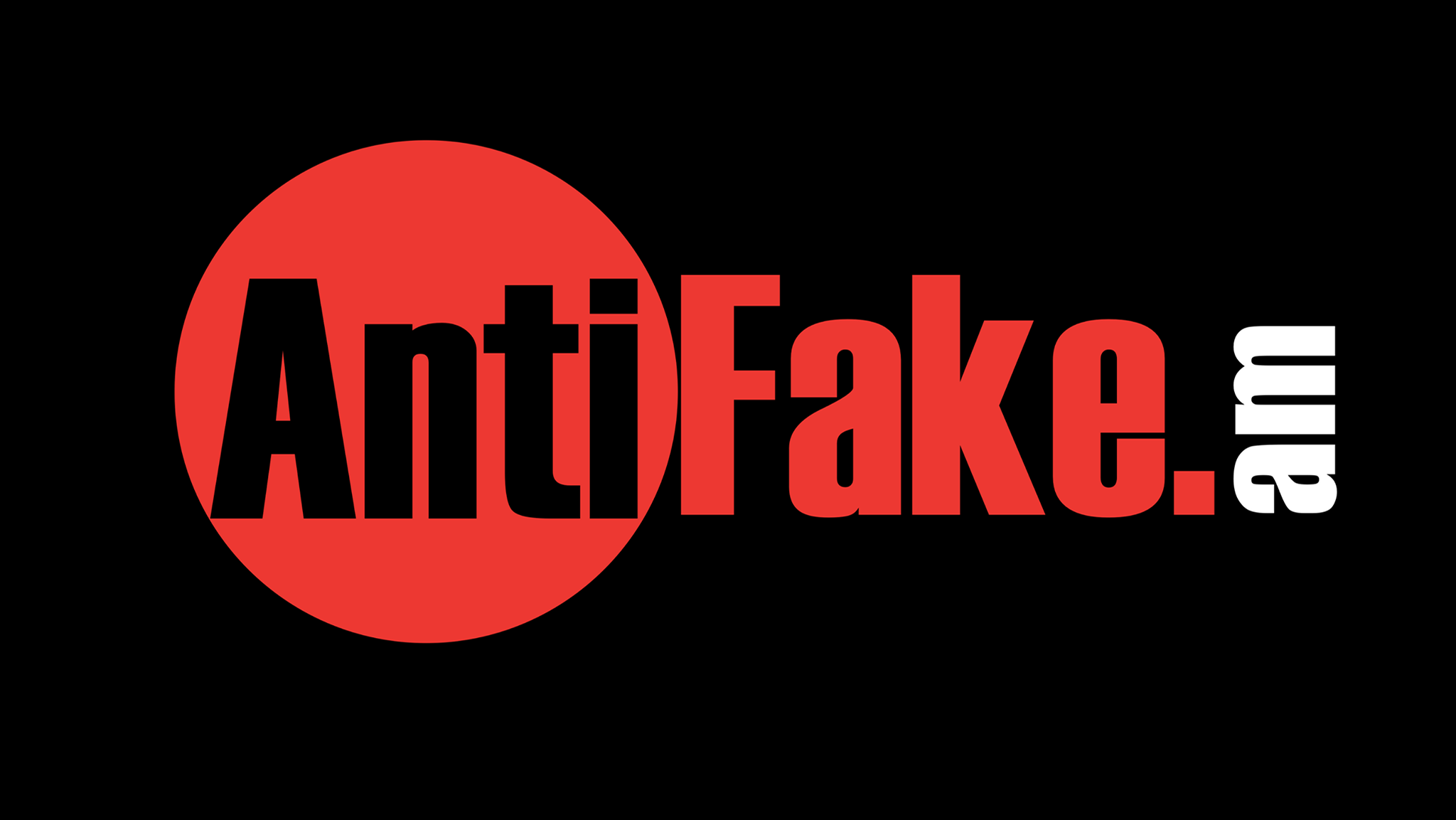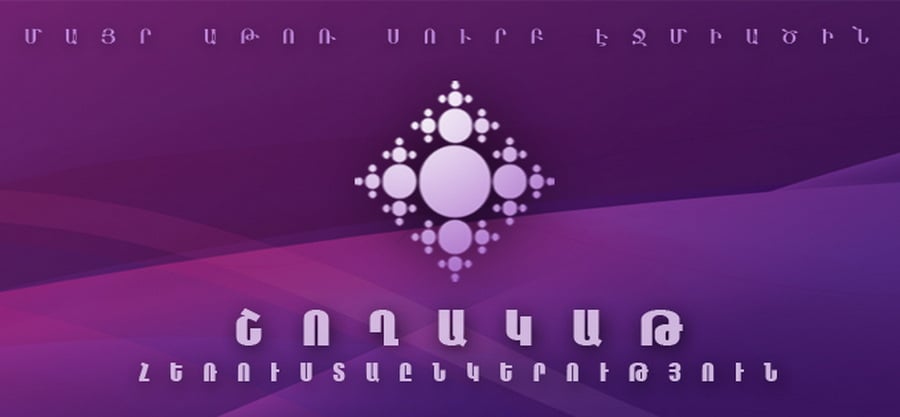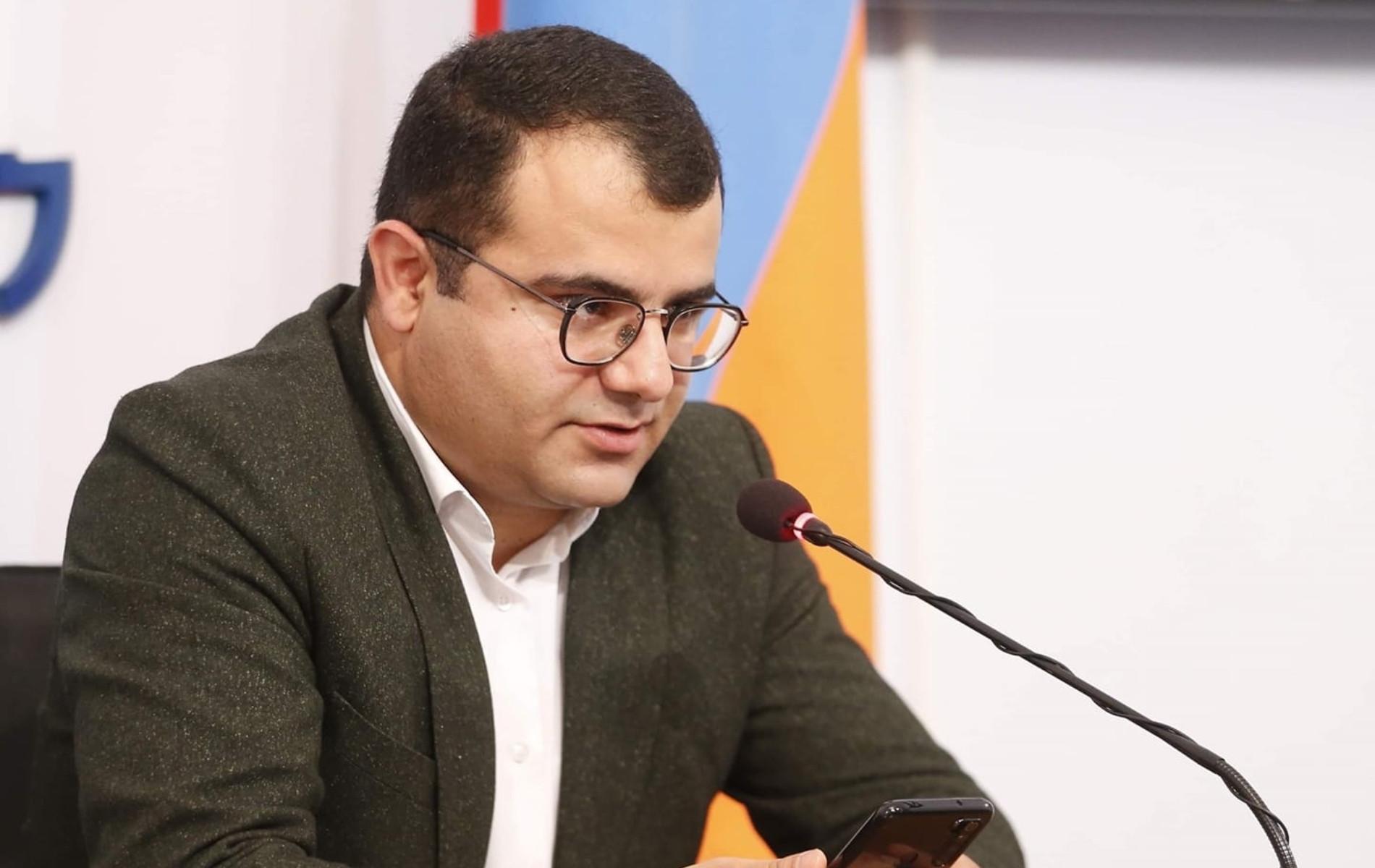On August 7, the TVRC spread a message with which it tried to respond to the article under heading “No reform, just maintaining the status quo” published on July 31 by the Committee to Protect Freedom of Expression. In fact, we tackled upon two topics in our publication: the problem of private broadcasting network, i.e. tender for licensing the operation of the multiplex, and related to it legislative change, which the previous authorities (quite possibly together with the TVRC) made secretly from the media organizations, without engaging them or at least without public discussions.
It was expected that the commission would make certain clarifications, but in fact, turning upside down the facts and arguments that we introduced, ascribing to us their invented ideas and applying manipulative techniques, the TVRC is trying to confuse the public that is unaware of the professional problems in the field. Therefore, we think it necessary to refer to the main issues with additional clarifications.
Firstly, about the “most important” charge, which is made both in the prologue and in the epilogue of the message by the TVRC. Truly, “only a person with rich imagination” (their wording – CPFE) can ascribe the “statement” to CPFE and to Ashot Melikyan personally, that extension of the period of receiving the applications for the tender in licensing private multiplex for three months is a challenge and threat to the freedom of speech. We have not even implied anything like that. One can only refer to the link above and read our article again to get sure there is no and could be no such idea there. We have said and now insist that the absence of applicant during the tenders in the previous two years is conditioned not by the period of submitting the applications (3 months were sufficient), but by the unacceptable terms and requirements to establish a private multiplex stipulated by the law. Therefore, by the changes in the law the terms should have been reviewed to make them attractive for the business and the field of broadcasting. In terms of extending the period of submitting applications, we considered it a “simplistic approach, not solving a problem”.
We think, the difference in the ideas is evident, like the manipulation used by the TVRC. Imagine, such a commission regulates the field of broadcasting and controls the operation of TV and radio companies…
As the TVRC considered its duty, besides the aforementioned, to make “clarifications” consisting of five points, we will refer to them in the same sequence. So:
- One should be surprised that only no we, when preparing the article, learned about the legislative change that the RPA authority drafted and passed secretly, without public discussions. Under this condition, courtesy requires that TVRC expresses its regret for the happening, and assures that henceforth any legislative change in the field of broadcasting will be discussed with the interested media organizations. In terms of the problem with the private multiplex, at TVRC they know that Ashot Melikyan is well aware of that and in his observations he used all open sources, and whatever was not accessible, he discovered after all, like what happened now.
- Of course, we are well aware that TVRC has no right for legislative initiatives. But as a body regulating the field, the commission must prepare recommendations for legislative changes and submit them to the government and to the parliament, must work actively to have them passed. Whereas the TVRC has always done the opposite: it operated the way it was required by the political authorities of that day. The later adapted the laws to its interests, while ignoring the need to solve accumulated problems.
- It is not at least decent to name disinformation the statements made by us that almost all the changes and amendments made in the “Law on TV and radio” were drafted behind the doors, and that during the drafting of the bill it was forbidden to engage the NGOs at all. Firstly, the author (or authors) of the message by the TVRC with dishonest citation has remove the word “almost” from out text thus enhancing the manipulative chances of his/her “arguments”. But more unacceptable is the fact, that evident facts have been ignored or distorted. Here they are: the changes and amendments made on December 18, 2015 in the “Law on TV and radio”, which refer to the private multiplex and local TV stations operating in the provinces, were drafted without participation of media organizations and were passed without having a discussion with them, let alone the absence of parliamentary hearings. The same refers to the changes and amendment made on May 31, 2017, on the mentioned October 27, 2017, as well as March 23, 2018. And the information about the fact that there is a new draft “Law on TV and radio” became accessible to media organizations and even to many of the broadcasters only when on November 19, 2017, during its session the RA Government approved that document. The fact, that the sending of the bill to the parliament was prevented, and months later the Ministry of Justice and those responsible for the field discussed it with us, was not the initiative of the latter, but the result of our persistent struggle – two statements, press conferences, a number of publications, personal letters to the Prime Minister. So what? We discussed a document, but a completely different one was submitted to the parliament: not a draft law, but a draft law to make changes and amendments in current law. And again with the same style. It is not new; a number of such examples can be brought. This has been the modus operandi of the former authorities and formed by it TVRC. Therefore, we state: almost all the changes and amendments made in the “Law on TV and radio” were drafted behind the doors, without participation of media organizations. Boris Navasardyan, head of the Yerevan Press Club, Noune Sargsyan, head of the Center for Media Initiatives, and many others can prove this.
- The blame by the TVRC that “while bringing forward the idea of small provincial multiplexes” the CPFE wants to perpetuate the monopoly of the public multiplex” is a simplistic slander. Is it the CPFE to blame, when you, with all your levers, are not able to regulate the problem of the alternative multiplex? There is a bill submitted to the parliament, with which we, the media organizations, propose to give chance to establish private multiplexes covering both the country, one or several provinces, and one or several communities. In terms of the need to overcome the monopoly of the public multiplex, we have spoken publicly and written about it a number of times. We have even referred to the Georgian experience, to show that as a result of digitization no TV company suffered in the neighboring country, even the smallest stations in the provinces had the multiplex, because the law is flexible, and the political decisions are healthy. The same cannot be said about Armenia: because of fallacious policy, more than 10 TV companies in the provinces were left out of the digitization process and happened to be in a critical situation. In Georgia, along with one public multiplex, three relatively big and a number of small private (operating in the provinces) multiplexes were created. In Armenia, all the TV Companies are “jammed into” one public network. No competition, no diversity! Is this the result of your work?
- The fact that TVRC cares about the aforementioned 10 local TV Companies is, as Mark Twain says “extremely exaggerated”. We leave it up to the heads of TV companies “Lori” Vanadzor, “GALA” and “Shirak” Gyumri, “Ankyun +3” Alaverdi, “ALT” Armavir and a number of others to say how the Commission responded to their recommendations and requests. And we can only state that these local TV companies were left out of the digitizing process as a result of shortsighted policy implemented in the field, ungrounded legislative restrictions, biased and unfair tenders, subjective and partial decisions. In fact, in the digital era providing an analogue domain to those stations for operation is not a solution to the problem, but a canny move: on the one hand it is possible to avoid criticism by international organizations, as if local stations were closed down because of digitization; on the other, under unequal conditions of competition they will gradually stop operating and it will turn out that the it is not the fault of the authorities. And this approach is introduced by the TVRC as a great care. in terms of including these TV companies into the public digital network, this is not the idea by TVRC, and it was tackled upon during the discussions but is never had serious legislative, technical and financial grounds and arguments. This is why it was not realized. Therefore, to say that local TV companies “for various reasons… did not want or were not able to take steps” to get included in the public digital domain, is not that correct, to put it mildly.
In the end, a piece of advice to the author (or authors) of the TVRC message: when you talk about problems, do not personalize what you say. Otherwise, you become very vulnerable yourselves.
COMMITTEE TO PROTECT FREEDOM OF EXPRESSION









